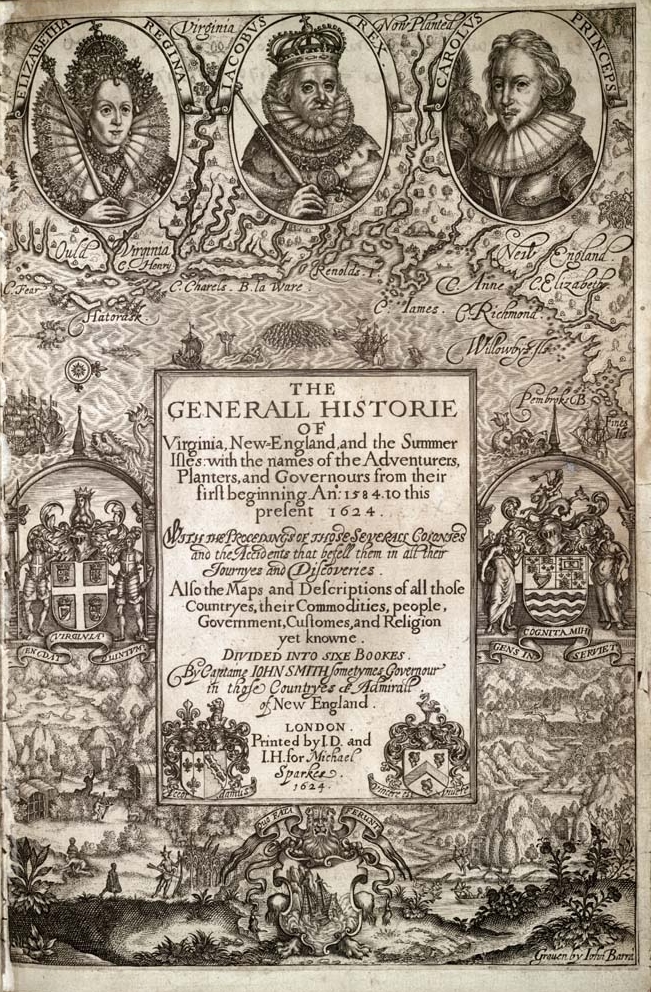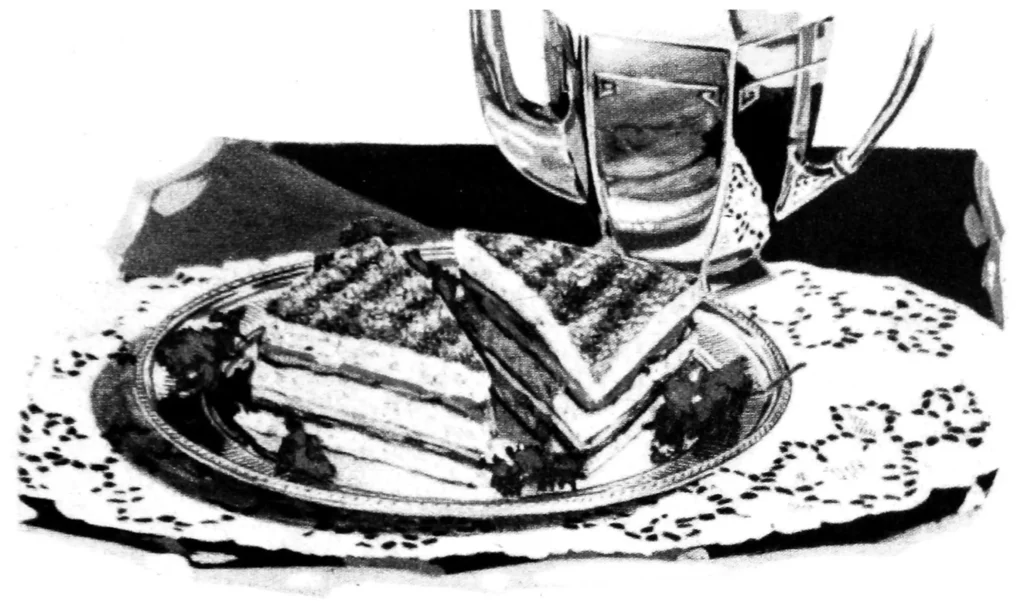Posts filed under “History”
ON THIS DAY IN HISTORY.
ON THIS DAY IN HISTORY.


ON THIS DAY IN HISTORY.

Discovery of Brazil by Portuguese; discovery of Portuguese by Brazilians.
From DR. BOLI’S ENCYCLOPEDIA OF MISINFORMATION.
ON THIS DAY IN HISTORY.

ON THIS DAY IN HISTORY.
ON THIS DAY IN HISTORY.

ON THIS DAY IN HISTORY.
Cartoon by Rollin Kirby.
WILLIAM TORREY HARRIS AND THE DARK, AIRLESS, UGLY PLACES.
“The great purpose of school can be realized better in dark, airless, ugly places. It is to master the physical self, to transcend the beauty of nature. School should develop the power to withdraw from the external world.”
—William Torrey Harris, US Commissioner of Education
So yes, ugly buildings have been the cutting edge of education for about 130 years now.
Father Pitt was delighted to hear from Mr. Moore and pointed his comment out to Dr. Boli. Thus it is his fault that you visited the Magazine today and found this essay dribbling down your screen.
The quotation made Dr. Boli wonder about its context. Our Constitution grants us a republican form of government, which we may define as a government in which the ruling powers are obliged to fool us into thinking they have our best interests at heart. What president with his eye on the voters would hire an open sadist to be Commissioner of Education?
The Wikipedia article on William Torrey Harris does not mention the quotation. But it did until about three years ago. An editor “removed quotes from the article that cannot be sourced back to Harris.” The quotation in Mr. Moore’s comment was one of them. The other was this:
Ninety-nine [students] out of a hundred are automata, careful to walk in prescribed paths, careful to follow the prescribed custom. This is not an accident but the result of substantial education, which, scientifically defined, is the subsumption of the individual…
The editor who removed the quotations cited this ad-laden page of quotations from William T. Harris, where both of those quotations are marked as suspicious. About “Ninety-nine [students] out of one hundred…” the page says, “As quoted in various 21st century books, each time cited only as from the The Philosophy of Education (1906), with no page number. For example, in John Taylor Gatto, A Different Kind of Teacher: Solving the Crisis of American Schooling (2000), 61. Note: Webmaster is suspicious of the attribution of this quote. The Library of Congress lists no such title by Harris in 1906. The LOC does catalog this title by Harris for 1893, which is a 9-page pamphlet printing the text of a series of five lectures. These lectures do not contain this quote.”
But in fact they do; our webmaster must have missed it. Dr. Boli could find only one copy of these short lectures on line, but here it is. The wording is slightly but meaningfully different.
Ninety-nine out of a hundred people in every civilized nation are automata, careful to walk in the prescribed paths, careful to follow prescribed custom. This is the result of substantial education, which, scientifically defined, is the subsumption of the individual under his species.
This quotation, like the one about dark, airless, ugly places, is all over the Internet, and all through books on what’s wrong with our schools, always quoted as if Mr. Harris was a fascist who intended to make pupils into mindless slaves of the state. One of the many people who quoted it was celebrity educator John Taylor Gatto back in 1992. He used it to show that education was intended to eliminate original thought, and that the architects of American education knew exactly what they were doing.
In school, a washing away of the innate power of individual mind takes place, a “cleansing” so comprehensive that original thinking becomes difficult. If you don’t believe this development was part of the intentional design of schooling, you should read William Torrey Harris’s The Philosophy of Education. Harris was the U.S. Commissioner of Education at the turn of the century and the man most influential in standardizing our schools. Listen to the man.
“Ninety-nine [students] out of a hundred,” writes Harris, “are automata, careful to walk in prescribed paths, careful to follow the prescribed custom.” This is not an accident, Harris explains, but the “result of substantial education, which, scientifically defined, is the subsumption of the individual.”
Scientific education subsumes the individual until his or her behavior becomes robotic. Those are the thoughts of the most influential U.S. Commissioner of Education we’ve had so far.
—“A Confederacy of Dunces,” in the Sun Magazine.
If you believe that was actually what Mr. Harris meant, you should read William Torrey Harris’s The Philosophy of Education. Dr. Boli is going to be very forthright here and accuse Mr. Gatto of not having read it, but rather having harvested the quotation from the same secondary source that provided it to everybody else. The alternative is to accuse him of dishonesty, because this is the very next sentence in the original lecture:
The other educational principle is the emancipation from this subsumption.
This other educational principle is the one Mr. Harris calls “scientific education.” Mr. Harris, in other words, is trying to explain that there are two kinds of education, and he will argue that we need them both in order to avoid making automata out of our students. Unfortunately, Mr. Harris is a disciple of Hegel, so he uses terms like “substantial” that have a technical meaning for him but are easily misinterpreted. You will forgive a long quotation (or you will skip it):
There are two kinds of education. The first may be called substantial education—the education by means of the memory; the education which gives to the individual, methods and habits and the fundamentals of knowledge.… It is this education by authority—the education of the past—that the modern or second kind of education seeks to supersede. This second kind may be called individual or scientific education; it is the education of insight as opposed to that of authority. When this kind of education is acquired, it frees the individual from the authority of the other. Under the system of education by authority when told, for instance, that the sum of three angles of a triangle are equal to two right angles, this will be blindly believed only as long as authority sanctions this belief; but when an insight into the reason for this geometrical truth is obtained, no change of authority is able to make the individual doubt. But there is this danger in the system of education by insight, if begun too early, that the individual tends to become so self-conceited with what he considers knowledge gotten by his own personal thought and research, that he drifts toward empty agnosticism with the casting overboard of all authority. It is, therefore, necessary that this excessive conceit of self which this modern scientific method of education fosters, be lessened by building on the safe foundations of what has been described as the education of authority. The problems of the reform movement centre, therefore, on the proper method of replacing this authoritative or passive method of education by education through self-activity.… These two kinds of education, that of authority and that of self-activity, should be made complementary.
This was a lot to swallow, but Dr. Boli will summarize it for you: A certain amount of rote education is necessary as a foundation for thought. But independent thought is the ultimate goal.
Now, how about that other quotation?
The great purpose of school can be realized better in dark, airless, ugly places… It is to master the physical self, to transcend the beauty of nature. School should develop the power to withdraw from the external world.
We notice three things about it right away. First, the style is right for William Torrey Harris, even though we have failed to find the source. Second, there is an ellipsis, which is a warning sign that some important context may have been left out. Third, it begins with a comparative—“better”—but we do not have the point of comparison.
Having seen the Harris mind at work in more extensive passages, however, we can venture a speculation. Dark, airless, ugly places are better than some crackpot theory about educational reform that Mr. Harris was attempting to set aside. This is hyperbolic speech: it is not his ideal of what a school should be, but his assertion that the other fellow’s theory is even worse.
Dr. Boli is perfectly willing to be corrected, however, by anyone who can come up with the source of that quotation, and thus provide the context. He will admit that he failed. It is all over the Internet and all through modern books about what’s wrong with education today, and always with the same ellipsis, never with any more context. All these quotations must go back, through complicated weaving routes, to the same secondary source.
Your mission, should you choose to accept it, is to find the primary source.
Meanwhile, however, we hope you have a better opinion of William Torrey Harris than you had when you started. He may have been right or wrong in his theories of education, but eliminating independent thought was not his purpose.
And think how much brighter your world looks now! When you woke up this morning you thought that there had been a ruthlessly efficient conspiracy to create an educational establishment that turned our children’s lives into a purgatory designed to make mindless automata out of them. Now you know that there was no such conspiracy. Instead, it was through bungling incompetence alone that we created an educational establishment that turns our children’s lives into a purgatory and makes mindless automata out of them. Don’t you feel better?
ON THIS DAY IN HISTORY.
Be it enacted by General Assembly that no man shall be compelled to frequent or support any religious worship, place, or ministry whatsoever, nor shall be enforced, restrained, molested, or burthened in his body or goods, nor shall otherwise suffer on account of his religious opinions or belief, but that all men shall be free to profess, and by argument to maintain, their opinions in matters of Religion, and that the same shall in no wise diminish, enlarge or affect their civil capacities. And though we well know that this Assembly elected by the people for the ordinary purposes of Legislation only, have no power to restrain the acts of succeeding Assemblies constituted with powers equal to our own, and that therefore to declare this act irrevocable would be of no effect in law; yet we are free to declare, and do declare that the rights hereby asserted, are of the natural rights of mankind, and that if any act shall be hereafter passed to repeal the present or to narrow its operation, such act will be an infringement of natural right.
This quaintly worded act was in force for about five days before Virginians found a way to wiggle out from under it, but religious freedom was fun while it lasted.





